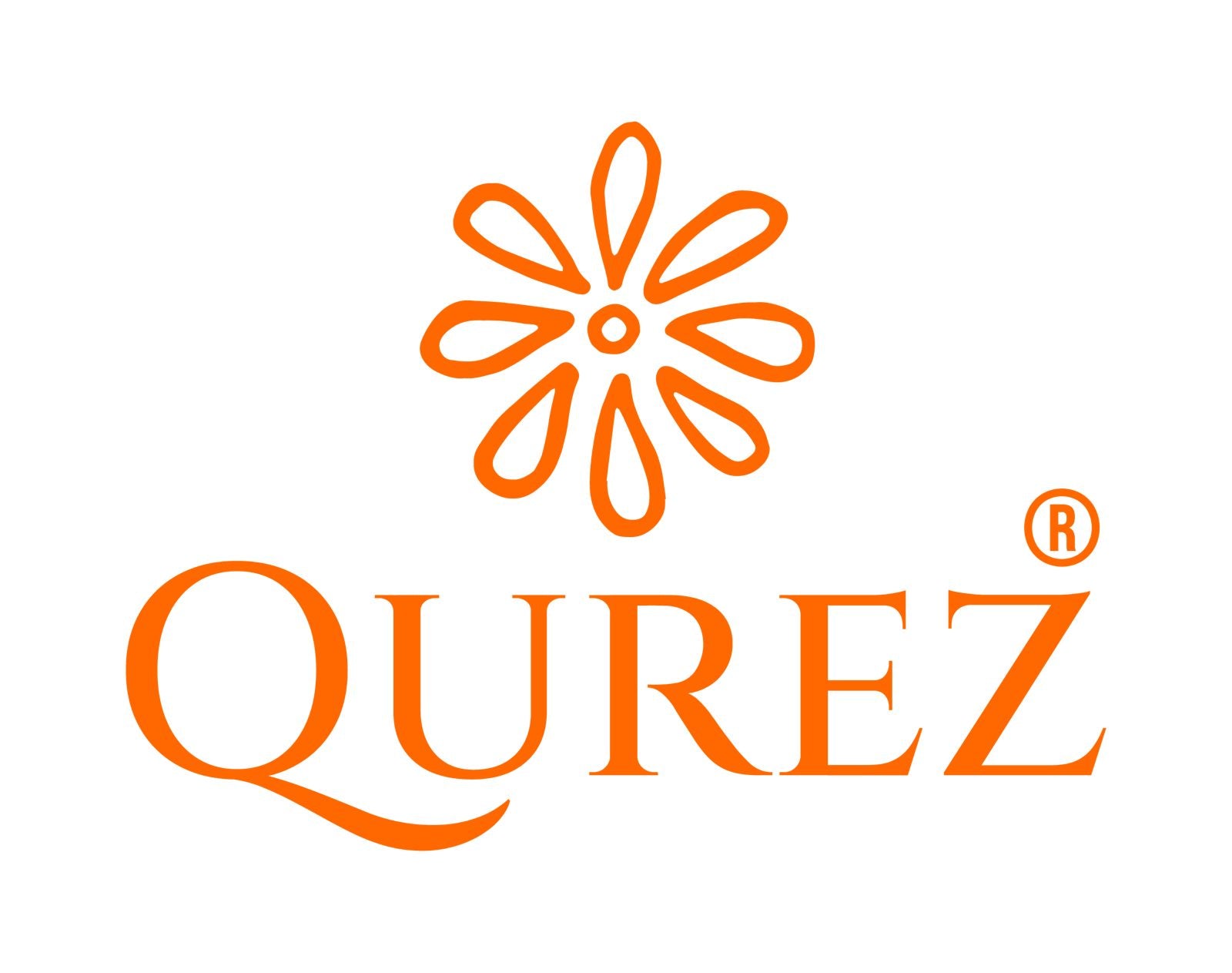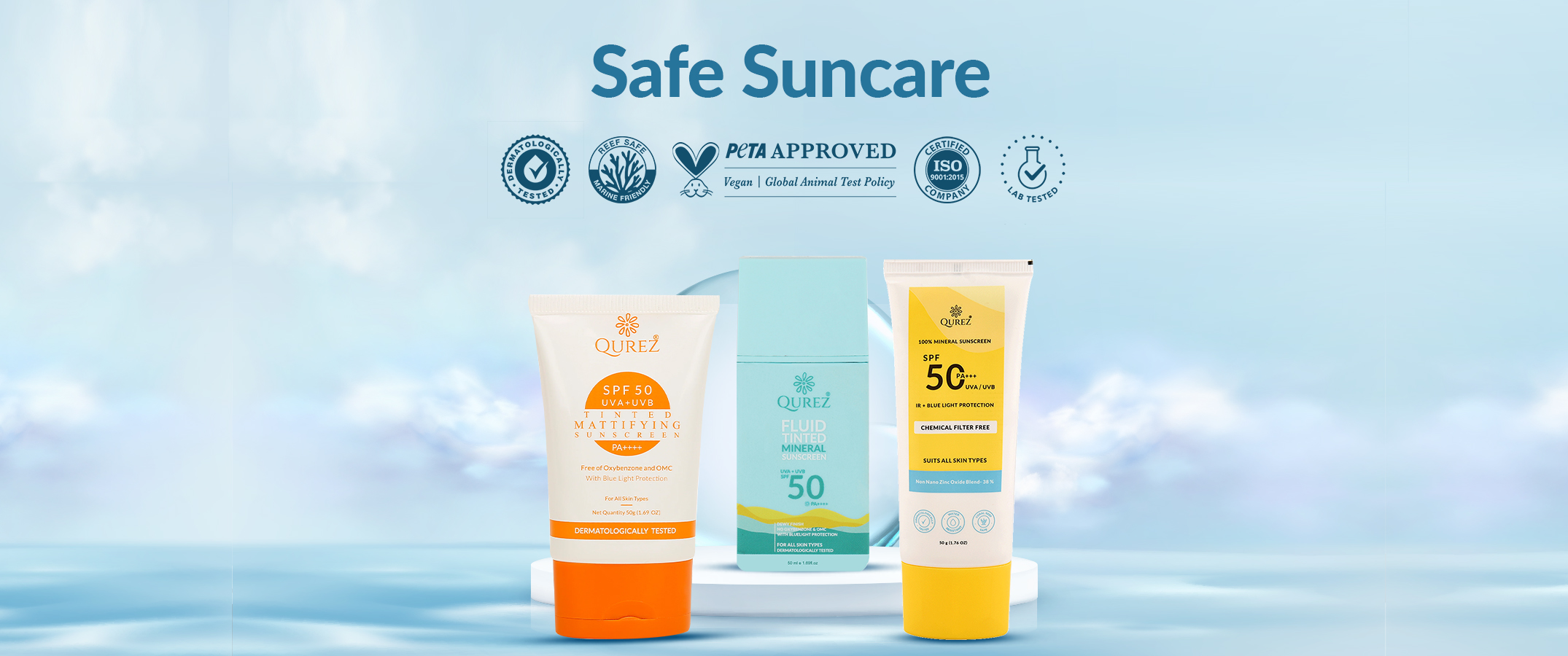
Palm oil is an edible vegetable oil that is extracted from the fruit of the Oil Palms (scientific name- Elaeis guineensis) tree. These trees are native to the West and South-West Africa.
Despite the roots of Palm Oil Trees being in Africa, the regions of Malaysia and Indonesia produce more than 80% of the world’s palm oil supply.
Palm Oil is now the least expensive and most popular oil in the world and one that is easily explained by how many products Palm Oil goes into.
What is Palm Oil used for?

The answer could quite easily be 'Everything!'
More than half of the products in the supermarket have palm oil in them.
But to go into more detail, Palm Oil can be found in:-
- Dry soup and cake mixes
- Confectionaries or cookie fillings
- Margarine
- Infant formula
- Pizza dough and instant noodles
- Nutritional supplements
- Animal feed
- Detergents
- Explosives
- Toothpaste
- Cosmetics
- Lotions
- Cooking/frying oil - majorly used in Indian food
- Used as a biofuel especially in the European Union
In the European Union, 2017, 51% of their Palm Oil consumption was for cars and trucks. Now, this might look impressive but it should actually be scary. The increased dependence and our insatiable appetite for Palm Oil is what is turning out to be highly destructive for the environment.
Why is Palm Oil used in everything?

If there was one word that can perfectly describe Palm Oil it would be versatile. It has a longer shelf life as it doesn't oxidize easily. It is semi-solid at room temperature, hence acts as a great spread. It is stable at high temperatures and hence is great for frying. It is odorless and colorless, hence can be added to products without the fear of changing the smell or color. This property of Palm Oil is what makes it extremely favored in the cosmetic industry, as it can hold the color of the product (Lipstick) well, it doesn't melt away easily, and has no taste. In addition to all of this, it is also cheap to produce.
Palm Oil is considered as a “healthier” alternative to Trans Fats as well. Moreover, it is an efficient crop, producing more oil per land than any other vegetable oil. Palm Oil supplies 35% of the vegetable oil demand on just 10% of the land.
How destructive is Palm Oil?
We can divide this answer into three categories- Health, Ethics, and Environment.
Health

Even though Palm Oil is considered to be a healthier alternative to Trans Fat, it is still not a healthy food item. It contains considerable levels of saturated fats. Saturated fats have been linked to heart disease and the dizzying levels of Palm Oil in most of the food items can be a great health risk.
Not only this, eating food made in palm oil that has been reheated multiple times may cause plaque deposits in arteries due to a decrease in the oil’s antioxidant activity.
Various Harvard Health experts recommend Olive Oil or Canola Oil instead of Palm Oil for better heart health.
Environment

The huge demand for Palm Oil has taken a toll on the environment. An article published by the National Geographic states,“Since 1973, nearly 16,000 square miles of rainforest in Borneo, the island shared by Malaysia and Indonesia, have been logged, burned, and bulldozed to make way for oil palm. It accounts for a fifth of the total deforestation on Borneo since 1973—and for 47 percent since 2000.”
Deforestation has been on a rapid rise. Palm oil production is said to have been responsible for about 8% of the world's deforestation between 1990 and 2008. This selfishness of humankind is resulting in the loss of habitats of various species like the Orangutans, Rhinos, elephants, etc.
Not only this, the burning of forest contributes to tremendous amounts of Carbon-Dioxide leading to the increase in air pollution. One such example is Singapore in June 2013. The city was covered with such an intense haze that students couldn't go to school for days, all because of burning forests for palm oil production in nearby areas. The accidental forest fires also lead to destruction of indigenous tribal life along with animals and vegetation.
Ethics

Multiple Humans Rights of the workers working in the Palm Oil plantations have been violated many a times. Various incidents of child labor and ruthless treatment have been reported. Various indigenous communities belonging to the forests of Indonesia have been forcefully evicted from their own lands.
And this isn't the end of it, there have been countless cases of sexual exploitation of women too. Ethics are really just out of the window. Anyone who isn't in power in these plantations has been treated with zero respect and their basic human rights have been violated in-numerous times. All of this, for a bottle of Palm Oil!
What is the solution?

Considering how Palm Oil is present in more than half of the Supermarket products, it is unlikely that the production of the same is banned altogether.
What can be done however is to make the product safe for the environment.
In 2003, a third party, an independent group called Roundtable on Sustainable Palm Oil was formed to keep in check the production and processing of Palm Oil. The community proceeded in labeling and mentioning all the products that were made with sustainable Palm Oil. RSPO laid a set of rules that needed to be followed in order to get the RSPO certified tag.
In November 2018, the RSPO standard was revamped and it now represents an essential tool that can help companies achieve their commitments to palm oil that is free of deforestation, expansion on peat, exploitation and the use of fire, states an article on the WWF UK site.
What you as a responsible citizen can do is, check for the RSPO tag on the products you buy or whether they contain CSPO (Certified Sustainable Palm Oil).
Let's work towards a safer and well-protected planet earth because it is the smallest of steps that bring about the biggest of changes.



